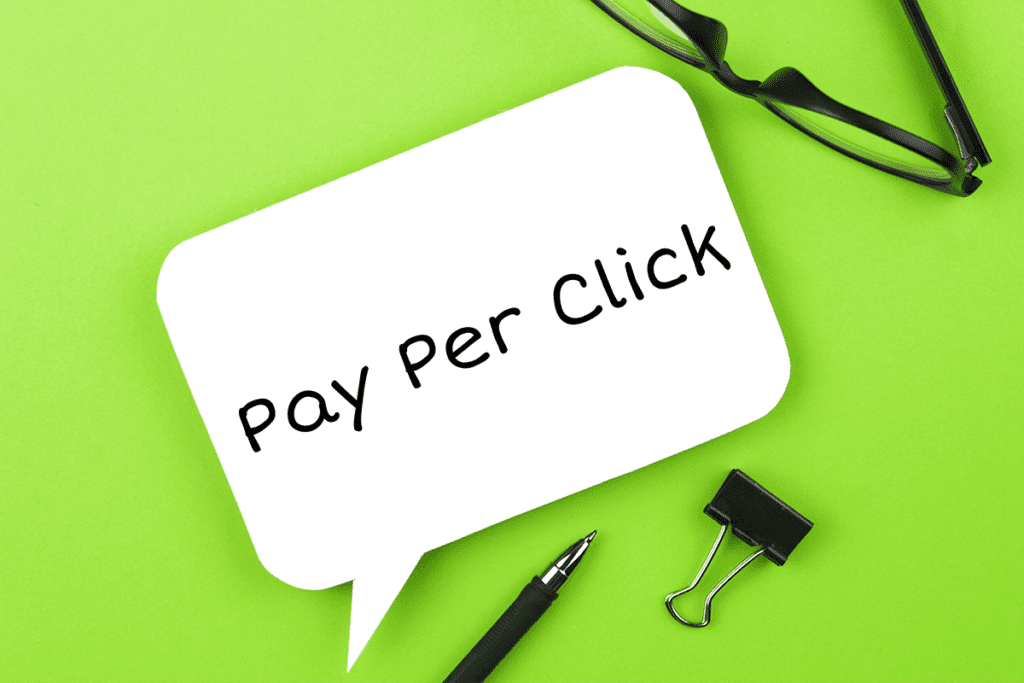Pay-Per-Click (PPC) advertising is one of the most effective ways for small businesses to generate leads, increase website traffic, and boost brand visibility. Unlike organic strategies, PPC offers immediate results, making it an essential tool for businesses looking to stand out in competitive markets. This article explores the fundamentals of PPC advertising and provides actionable strategies to help small businesses maximize their return on investment (ROI).
What is PPC Advertising?
PPC is a digital advertising model where businesses pay a fee each time their ad is clicked. Common platforms include Google Ads, Bing Ads, and social media platforms like Facebook and LinkedIn. For small businesses, PPC offers:
- Cost Control: Flexible budgets allow businesses to start small and scale campaigns as they see results.
- Targeted Reach: Ads can be tailored to reach specific demographics, locations, or interests.
- Measurable Results: Real-time analytics make it easy to track performance and optimize campaigns.
Setting Up a Successful PPC Campaign
1. Define Your Goals
Start by identifying what you want to achieve with your campaign. Goals could include:
- Driving website traffic.
- Generating leads or sales.
- Increasing local awareness.
2. Conduct Keyword Research
Keywords are the foundation of any PPC campaign. Use tools like Google Keyword Planner to:
- Identify high-volume, low-competition keywords.
- Focus on long-tail keywords for more specific, cost-effective targeting.
For example, a San Diego bakery might target “best wedding cakes San Diego” instead of just “wedding cakes.”
3. Create Engaging Ad Copy
Your ad copy should:
- Highlight your unique selling points (e.g., “Free consultations” or “Family-owned since 1990”).
- Include a strong call-to-action (CTA) like “Contact us today” or “Get a free quote now.”
4. Set a Budget and Bid Strategically
Determine a daily or monthly budget and choose the right bidding strategy, such as:
• Cost-per-click (CPC): Ideal for driving traffic.
• Cost-per-acquisition (CPA): Best for generating leads or sales.
Optimizing Your PPC Campaigns
1. Use Negative Keywords
Negative keywords prevent your ads from appearing for irrelevant searches, saving money and improving ad relevance. For example, a luxury spa might exclude “cheap” from their keyword list.
2. Implement Ad Extensions
Enhance your ads with extensions like:
- Site Links: Direct users to specific pages on your site.
- Call Extensions: Add a phone number for easy contact.
- Location Extensions: Show your business address and map link.
3. Test and Refine Ads
A/B test different headlines, descriptions, and CTAs to see what resonates best with your audience.
4. Focus on Landing Page Quality
Ensure that the landing page your ad links to:
- Aligns with the ad copy.
- Loads quickly and is mobile-friendly.
- Features a clear CTA and minimal distractions.
Tracking PPC Performance
Key Metrics to Monitor:
- Click-Through Rate (CTR): Indicates how often users click your ad after seeing it.
- Conversion Rate: Tracks the percentage of clicks that result in desired actions.
- Quality Score: Google assigns this score based on relevance, landing page quality, and expected CTR.
Tools for Analysis:
- Google Analytics: Provides detailed insights into traffic and conversions.
- Google Ads Dashboard: Tracks ad performance and ROI.
Common PPC Mistakes to Avoid
- Overlooking Negative Keywords
Failing to use negative keywords can lead to wasted ad spend on irrelevant clicks.
- Ignoring Mobile Optimization
A poorly optimized landing page can lead to high bounce rates from mobile users.
- Set-It-and-Forget-It Mentality
Regularly review and adjust campaigns to ensure optimal performance.
PPC advertising is a powerful tool that allows small businesses to compete with larger companies by gaining visibility and attracting targeted leads. By conducting thorough keyword research, creating engaging ads, and continuously optimizing campaigns, businesses can maximize their PPC investment and drive sustainable growth.

